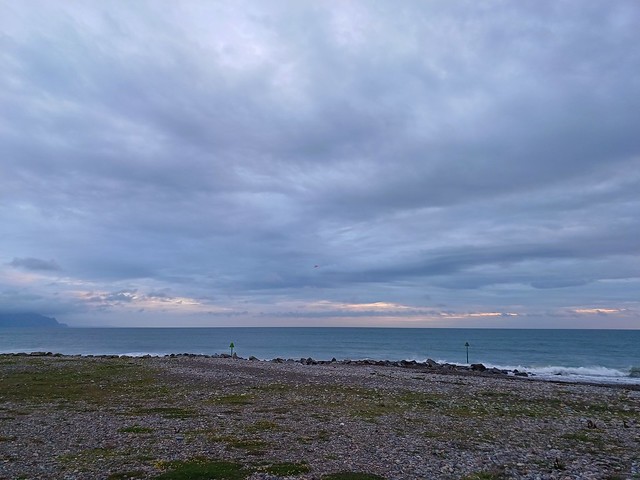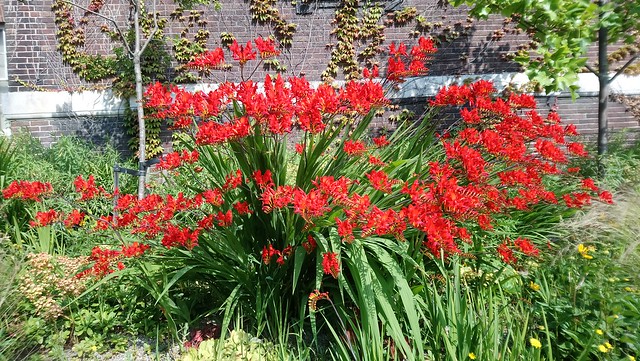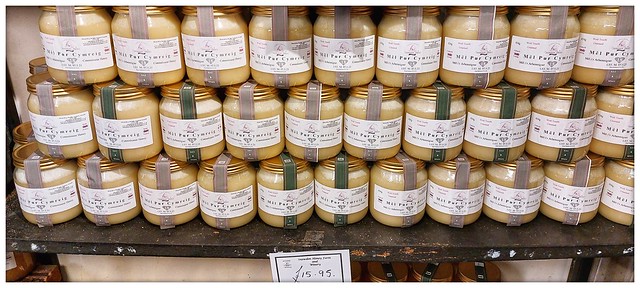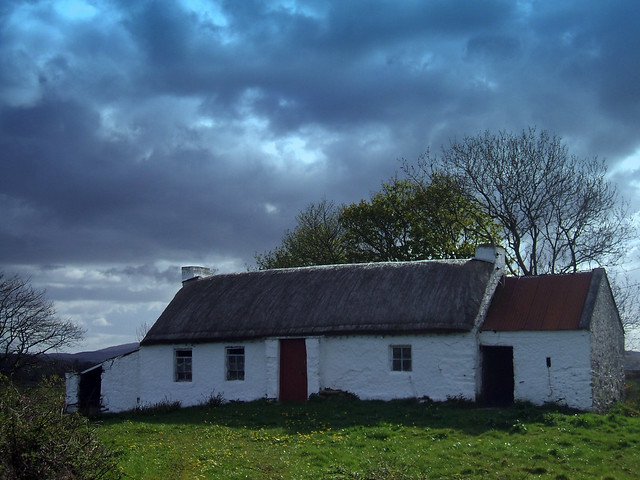Words for purple and related things in Celtic languages.
Words marked with a * are reconstructions.
| Old Irish (Goídelc) | corcarda = purple, crimson corcair = purple / crimson dye, murex |
|---|---|
| Middle Irish (Gaoidhealg) | corcarda, corcra = purple, crimson purpuir = purple, crimson |
| Irish (Gaeilge) | corcra = purple corcraigh = purple, crimson, bloody corcair = a kind of purple dye corcairdhearg = crimson corcairghorm = violet purpair = purple, purple cloth purpal = purple purparaigh = purple |
| Scottish Gaelic (Gàidhlig) | corcar [kɔr̪ˠxgər] = purple; any lichen yielding a purple dye corcra [kɔrxgrə] = purple, crimson corcarach [kɔrxgrəx] = purple, crimson corcaire [kɔrxgɪrʲ] = make/dye purple corcradh [kɔrxgrəɣ] = making/dying purple purpaidh [purbɪ] = purple purpar [purbər] = purple |
| Manx (Gaelg) | purple = purple |
| Proto-Brythonic | *porfor = purple |
| Middle Welsh (Kymraec) | porfor, porffor, porphor = purple |
| Welsh (Cymraeg) | porffor [ˈpɔrfɔr] = purple, puce, violet, red, crimson, scarlet, clad in purple, royal, imperial porffori, porffora(f) = to become/turn purple or crimson porfforaid = purple (coloured), purplish, clad in purple purpur = purple, scarlet, red, purple cloth |
| Middle Cornish (Cernewec) | purpur = purple, purple robe |
| Cornish (Kernewek) | purpur [‘pʏrpʏr / ‘pərpər] = purple, violet purpurwyn = light purple |
| Middle Breton (Brezonec) | pourp, pourpr = purple |
| Breton (Brezhoneg) | pourpré = purple |
Etymology: from Latin purpura (purple), from Ancient Greek πορφύρα [por.pʰý.raː] (purple-fish (Hexaplex trunculus), purple dye from that fish). The English word purple comes from the same roots, as do words for purple in various other European languages [source].
| Middle Welsh (Kymraec ) | ehoec = heather-colour(ed), purple, green |
|---|---|
| Welsh (Cymraeg) | ehöeg = heather-colour(ed), purple, green, green colour hoeg = green |
Other words for purple in Welsh include:
- piws [pɪu̯s] (puce, [reddish] purple). It comes from the English puce (brownish-purple, deep red), from French puce (flea), from Latin pūlicem (flea), from Proto-Indo-European *plúsis (flea), which is also the root of the English word flea [source].
- cochlas [ˈkɔχlas] (purple, reddish blue), from coch (red) and glas (blue/green) [source].
- glasgoch [ˈɡlasɡɔχ] (purple, bluish red), from glas (blue/green) and coch (red) [source].
Other words for purple in Manx are gorrym jiarg and jiarg gorrym, and purpleness is gorrym jiargid.
Sources: Wiktionary, Am Faclair Beag, Online Manx Dictionary, Teanglann.ie, eDIL – Electronic Dictionary of the Irish Language, In Dúil Bélrai English – Old Irish glossary, Geiriadur Prifysgol Cymru, Gerlyver Kernewek, Dictionaire Favereau, TermOfis, English – ProtoCeltic WordList (PDF), Etymological Dictionary Of Proto Celtic












